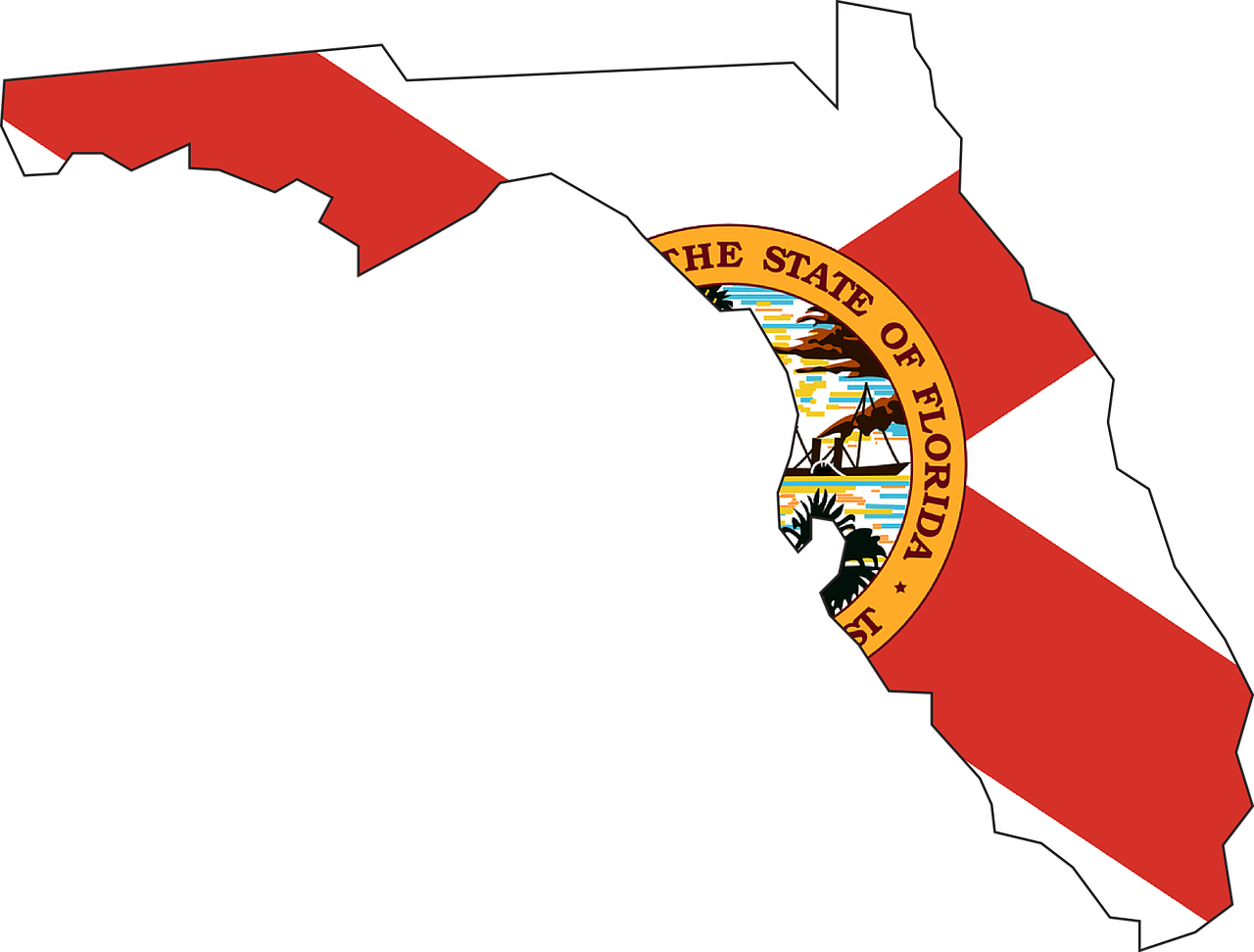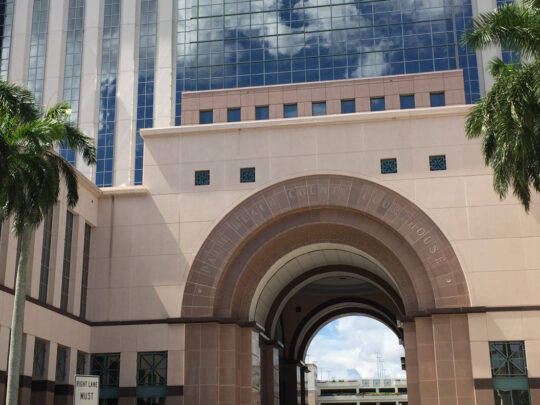Commercial Lenders
Contact Us

A commercial lender varies from a traditional lender such as the likes of a bank or credit union. However, they can also even be an independent investor or an online lender. Commercial lenders you will be looking for are dependent upon the type of loan you will be looking for.
The application process to the periodic payment schedule can differ from a commercial lender to another. This also goes with the eligibility requirements. Whilst other commercial lenders can be very restraining and strict, other commercial lenders can be loose.

Commercial Lenders in the U.S.
In the United States, a commercial lender generally offers loans supported by hard money loans or collateral. Hard money loans are backed by real property and deemed to be the “last resort.” They are a “last resort” because hard money loans are to be paid off in a shorter time frame. Moreover, this type of loan is normally used in real estate transactions. The lender of hard money loans is generally an individual or a company and not a banking estate.
However, a commercial lender can also offer loans supported by factoring, non-conforming assets, or other types of collateral as opposed to only real estate or property. Factoring is another kind of financial transaction that concerns a kind of debtor finance from which a business sells its invoices or accounts receivable to a factor (a third party) at a discounted price.

However, the term “commercial lender” has different meanings across the world.
Different Meanings of Commercial Lenders
For instance, in most countries especially in the United Kingdom, the term “commercial lender” specifies to a lender who arranges commercial loans such as commercial mortgages. Moreover, in the UK, it generally refers to a lender who provides for businesses instead of individuals.
Commercial lenders may be a commercial bank, mutual company, private lending institution, hard money lender, or another financial group. These commercial lenders usually have vastly differing standards from which they support their loan criteria and assess any potential borrower.
However, they usually stress exclusively upon the existence of the private market and are usually more lenient upon their financial qualifications compared to banking estates.
These commercial lenders have more expertise towards hard money and bridge loans (the ones that close swiftly in as fast as two weeks). Such as hard money loans, bridge loans are also a type of short-term loan from which a period of two (2) to three (3) weeks is taken out in the arrangement of a bigger or a longer-term type of financing.
Moreover, the commercial loan industry is most frequently directed through brokers. These brokers share an assessment of a borrower or client – whether they be a potential borrower or not. Through this, they can suggest the loan to several different commercial lenders from whom they will gauge the one most likely to provide for the client’s request. However, approaching a broker instead of directing the concern to a lender may result in a longer waiting time for loan financing and other up-front fees. The advantage to directing with a broker, on the other hand, means greater facilitation for the proceedings. Brokers can also create more inventive and revolutionary ways to overcome impediments a borrower or a client may be unable to solve on their own. There are key differences from the process of an independent lender to a bank. First, banking estates usually have a firmer lending policy and more frequently have automated underwriting procedures equipped to minimize their risks. Oftentimes, banking estates oblige borrowers to put up additional collateral aside from the already financed estates. Banks also have more of a preference to lend money towards appreciable assets. Examples of these assets are real estates which can potentially gain more value as time passes by. This simply means that banks may not be as interested in funding equipment with a higher depreciation rate – ones that may lose value over time. In the case of independent lenders, they tend to be more flexible upon the kind of assets or collateral they may be willing to fund. They also have portfolios that contain deals of every size and are usually quicker towards loan approval and processing.
Commercial Brokers
Commercial Lenders and Banks
Different Commercial Loans
- Small Business Administration (SBA) Loans are supported by the SBA and have been approved by lenders from which they originated. However, there are different loan programs under the SBA with which the SBA 7(a) loan program, as well as the 504/CDC loan program, are the most known.
As its name suggests, small businesses are the ones that benefit from this.
- Business Line of Credit refers to the access to a revolving line of credit or revolving debt – just like how a credit card functions. This type of commercial loan is suited for businesses that have been required to report seasonal revenue disruptions, purchase supplies or inventory, or other expected and/or unexpected rifts in cash flow.
This type of commercial loan can be accessed through traditional lenders such as the likes of online lenders, banks or credit unions, and even private lenders at times. However, the terms, amounts, and rates may differ from different commercial lenders.
- Business Credit Cards are another type of commercial loan too. This is flexible and good leverage for a small business owner because business credit cards can be simpler and/or easier to manage and facilitate spending.
Moreover, they can offer supplementary working capital for quick notice. They also come in a few exceptions which means small business owners will not have to restrict their spending on labor, materials, and other things. This is why business credit cards are a flexible way to manage your needs.

The Best Commercial Lenders in Florida
Wherever you look, you wouldn’t be able to find a commercial lender as adept and as skilled as us here at Florida Commercial Real Estate Loan Group. For many years, we have been deemed and considered the best and the most trusted commercial lenders in the country.
We’re able to provide a ton of different commercial loans, from C&I loans, mixed-use loans, multi-family loans, office building loans, condotel financing, warehouse loans, and many more!
Contact us here at Florida Commercial Real Estate Loan Group if ever you find yourself in need of a trustworthy commercial lender!
We service all counties and cities throughout South Florida. However, if you need any of these services in other cities throughout the state of Florida, please contact us. See what services we offer below:





